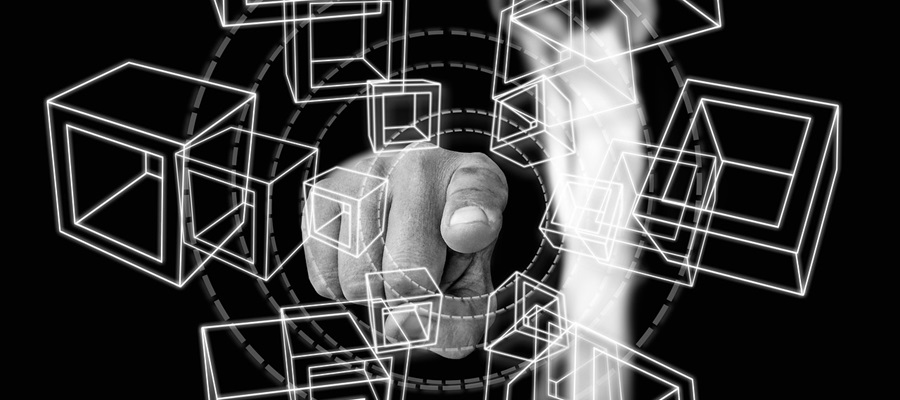The Cardano blockchain has successfully implemented its Chang hard fork, setting the stage for a significant transformation in its governance structure. On September 1, at block 10764778, the Chang upgrade was initiated, ushering in the "Conway ledger era." This upgrade is a part of the broader Voltaire phase, which aims to provide ADA holders with an unprecedented level of control over governance decisions through innovative voting mechanisms. The successful culmination of this upgrade underscores Cardano’s commitment to decentralized governance, focusing on empowering participants within its ecosystem.
Introduction of CIP-1694 and New Governance Roles
A cornerstone of the Chang upgrade is the implementation of CIP-1694, which paves the way for on-chain participatory governance. ADA holders now have the ability to submit proposals and vote on governance actions directly. Alternatively, they can delegate their voting power to representatives, fostering a more democratic process. This participatory approach not only increases transparency but also ensures that community members have a tangible influence on Cardano’s development trajectory. The introduction of a constitutional committee and the establishment of new governance roles for stake pool operators are critical elements of this upgrade, phased in over the next 90 days.
The primary focus in the initial phase is to ensure security and continuity during the governance bootstrapping period. Over the next few months, the community will see tangible changes as these governance participants begin to fulfill their roles. By 2025, the second phase of the upgrade aims to bolster and enhance community self-governance initiatives. This phased approach allows for a seamless transition while maintaining the stability of the entire blockchain. Such initiatives are expected to significantly influence Cardano’s ability to adapt quickly to the ever-evolving landscape of blockchain technology.
Plutus Scripts and Smart Contract Enhancements
One of the most exciting aspects of the Chang upgrade is the integration of Plutus scripts for advanced voting mechanisms such as DAO voting. Decentralized Autonomous Organizations (DAOs) represent an important evolution in the realm of blockchain governance, enabling smart contracts to handle governance decisions autonomously. These sophisticated capabilities facilitate a more efficient and secure voting process, offering an end-to-end solution tailored to the needs of the Cardano community. Plutus scripts also include cryptographic and performance enhancements, ensuring smart contracts are both robust and secure.
Despite the technical advancements introduced by the upgrade, ADA’s market price did not see an immediate positive impact. In fact, it experienced a decline of 2.4%, bringing the value down to $0.333 on the day of the hard fork. Historically, ADA was one of the top cryptocurrencies by market capitalization, but recent trends have seen it overtaken by networks like Tron and Toncoin. The cryptocurrency currently stands at a significant 89% below its all-time high of $3.09, reached on September 2, 2021. This market reaction underscores the complexities of blockchain economics, where technological advancements do not always correlate with immediate financial gains.
Community Reaction and Long-Term Vision
The Cardano blockchain has successfully carried out its Chang hard fork, marking a crucial step towards transforming its governance framework. Initiated on September 1 at block 10764778, this upgrade heralds the dawn of the "Conway ledger era." This significant change is part of the larger Voltaire phase, aiming to give ADA holders unparalleled control over governance through innovative voting mechanisms. Cardano’s continuous commitment to decentralization is reflected in the successful completion of this upgrade, underscoring its focus on empowering its ecosystem’s participants. The Voltaire phase represents a monumental shift for Cardano, as it strives to set new standards in blockchain governance. This period will enable ADA holders to propose, vote on, and implement changes, thereby strengthening the community’s voice within the network. The Chang hard fork is not just a technical upgrade but a strategic move, highlighting Cardano’s aim to foster a more participatory governance model, reinforcing its position as a leader in the decentralized, open-source blockchain space.

